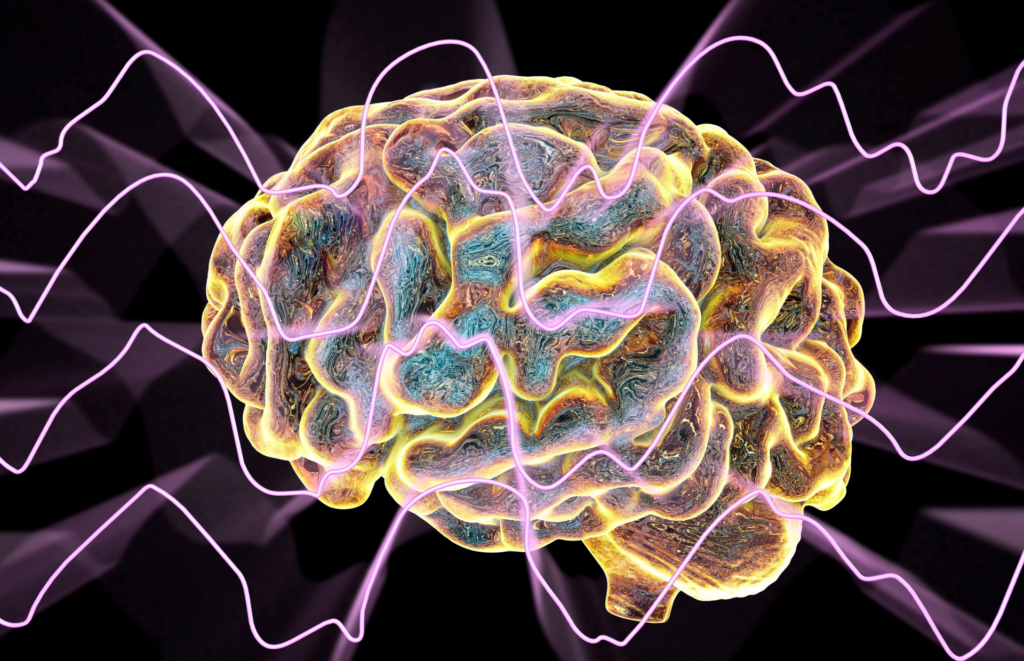We’re more connected than ever—so why are we lonelier than we’ve ever been?
- How can we tap into the neuroscience of great relationships?
- Did you know our world is facing a loneliness epidemic?
- Have you been feeling more disconnected from the people in your life lately?
- Why does making new friendships and connections feel nearly impossible right now?
Loneliness Reduces Our Resilience
We need to unlock the neuroscience of great relationships. Chaos, change and complexity are on the rise and our brains and bodies are not able to catch up to the pace. When our phone is in our hands we have lightning speed access to an entire world’s worth of information, updates and connections.
We have never been more connected digitally. We have never been so disconnected from the people in our lives. Gallup says 1 in 5 of us are experiencing severe loneliness and high rates of sadness, worry and stress.
Loneliness and disconnection undeniably diminish our wellbeing and change our brains’ responses to everyday experiences. Loneliness increases inflammation in our bodies and limits our ability to self reflect and understand ourselves and our day to day experiences.
Disconnection from other people increases the activation of our Amygdalas, the part of our brain that activates our fight and flight responses. As a result, our Amygdala’s deactivate when we are safely connected to other people in our lives.
As a queer psychotherapist in Sydney Australia I see the cost of loneliness in my own life and in my clients lives every single day. Forcing people to feel unsafe in the world shuts down their brain’s ability to reduce fear and find safety in connection.
The good news? We can help our brains and bodies to catch up to the pace the world is moving through the power of neuroplasticity and the neuroscience of making great relationships. Let’s reshape our brains for human connection again.
Rewiring Our Brains For Connection
Neuroplasticity is the capacity of our brains to rewire themselves as we make daily choices in our lives; like the food we eat, how much we exercise and the other daily habits and practices we adopt.
The neuroplasticity of our brains increases when we reduce our fear based responses and find our way back towards calm, grounded and feeling centered inside of our bodies. Mindfulness, meditation and conscious breathing have been shown to increase the areas of the brain that help us to regulate our emotions, focus and be self-aware.
It turns out that when we activate calm, curiosity and compassion inside of our bodies we unlock the neuroscience of great relationships to find greater capacity to build and maintain strong relationships.
Through the power of Neuroplasticity we can rewire our brains for connection, reduce loneliness and increase the value we get from our human connections.
Daily Practices To Unlock the Neuroscience of Great Relationships
Calm: How do you find calm inside your body?
Chronic stress increases stress hormones in our bodies and reduces our brain’s capacity to grow and change. Reducing stress and increasing calm can ensure our brains can form new connections.
Practice 1: Take a walk outdoors in a park or wherever you can access nature. Intentionally notice the sights, sounds, and smells that surround you. Allow a feeling of calm and connection.
Practice 2: Practice conscious breathing to clear your mind and elevate calm inside your body. Try 3 conscious breathes from your belly: Breath in calm / Breath out tension – More on this in this article – 3 Conscious Breaths.
Curious: How do you keep open to new experiences?
When we are curious and open to new experiences our brains release dopamine. Dopamine is a neurotransmitter that is connected to reward, pleasure and motivation. Our openness to new experiences supports the flexibility of our brains.
- Practice 1: Change your routine. Walk home a slightly different way each day. Change up your morning routine each week in small ways. Eat lunch in a different place every day.
- Practice 2: Approach conversations with genuine interest to learn. Ask 3 or 4 open ended questions before you share your perspective. Be committed to learning about the other person’s perspective.
Compassionate: How do you activate empathy and support inside of your relationships?
Compassion increases the capacity we have for human connection. It helps to rewire our nervous system for safety and increases our resilience. Compassion has a bias towards action whilst having a deeper sense of what the other person is feeling. We can practice compassion in two ways 1. Self Compassion 2. Compassion for others.
- Practice 1: Write a letter to yourself when facing a difficult challenge. It might include the following: How can I be kind to myself through this challenge? How can I accept this challenge for what it is? Can I accept myself as I am in this moment? How can I send myself compassion in the next few says as I face this challenge?
- Practice 2: Give people who you are close to feedback about the positive effect they have on your life. Even when it feels small. “When you [fold the washing], I feel [incredibly supported and like I can get on with my day], Thank You”.
Integrating the Neuroscience of great relationships for the road ahead:
- What daily practices will you experiment with to navigate the loneliness epidemic?
- As the world fastens up how can you slow down to increase your capacity for connection?
- How might increasing calm, curiosity and compassion in your brain and body help you to find new connections and friendships?




